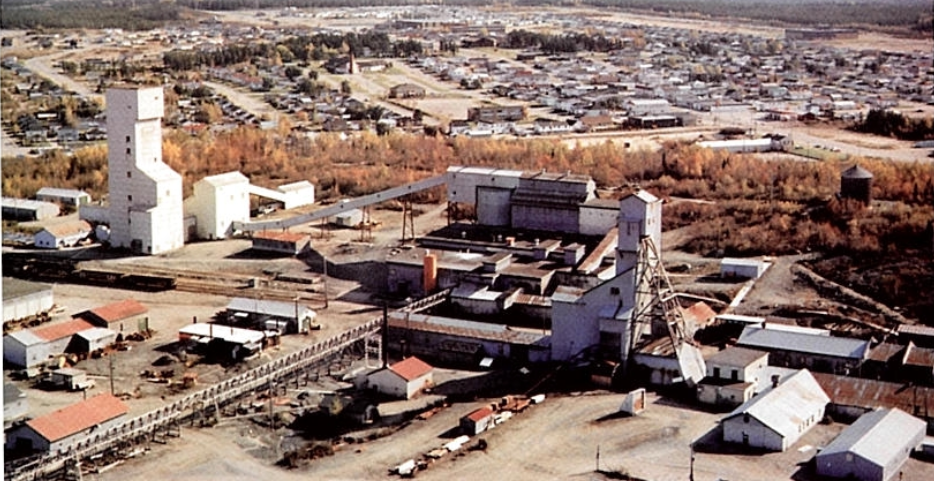QC Copper drills three more in-pit zones as high as 0.75% Cu at Opemiska


QC Copper and Gold (TSXV: QCCU; OTC: QCCUF) has reported new assay results from its current drill program on the Opemiska property, where the company has been aiming to upgrade the copper-gold resource by converting waste into in-pit mineralization.
The latest results included three drill holes that all intersected wide zones of in-pit mineralization. OPM-22-209 returned 0.38% copper and 0.38 g/t gold over 39.5 metres, and 0.75% copper and 1.34 g/t gold over 13.6 metres. OPM-22-211 hit 0.42% copper and 0.18 g/t gold over 28.5 metres, and 0.62% copper and 0.23 g/t gold over 54 metres. OPM-22-214 had 0.36% copper and 0.23 g/t gold over 42.8 metres, and 1.49% copper and 1.29 g/t gold over 3.5 metres.
Located in Chapais-Chibougamau, Que., the Opemiska project has an estimated pit-constrained resource of 81.7 million measured and indicated tonnes grading 0.65% copper and 0.31 g/t gold (1.2 billion lb. of copper and 815,600 oz. of gold). It also has 21.4 million inferred tonnes grading 0.51% copper and 0.30 g/t gold.
These holes were drilled in the Gap zone – within the starter pit area that demonstrated higher grades and lesser strip ratio in the mineral resource – between vein #1 and vein #3 and include vein #2. The mineralization encountered included only the lower-grade envelopes, not the high-grade mined-out vein material. Other unnamed veins, too narrow for underground mining, were also encountered. As a result, much of the material reported here was not included in the Opemiska resource.
The current drill program at Opemiska is designed to improve the mineral resources by reducing the strip ratio by upgrading inferred resources into indicated resources category and identifying additional mineralized structures.
So far, the program has confirmed the existence of at least two additional mineralized east-west structures in the Gap area between the Springer zone's vein #2 and vein #3. Additionally, it has defined the extension at depth of two mineralized structures in the Saddle zone between Springer and Perry.
QC Copper acquired the Springer and Perry properties from Ex-In, who had acquired the assets in 1993 and digitized the abundance of data from Falconbridge operations. Between 1953 and 1991, the Springer and Perry mines together produced about 23 million tonnes grading 2.4% copper and 0.3 g/t gold.
In 2021, QC Copper completed a 20,000-metre drill program and released the project's first NI 43-101 resource estimate.
More details on the current drill program are available at www.QCCopper.com.
Comments